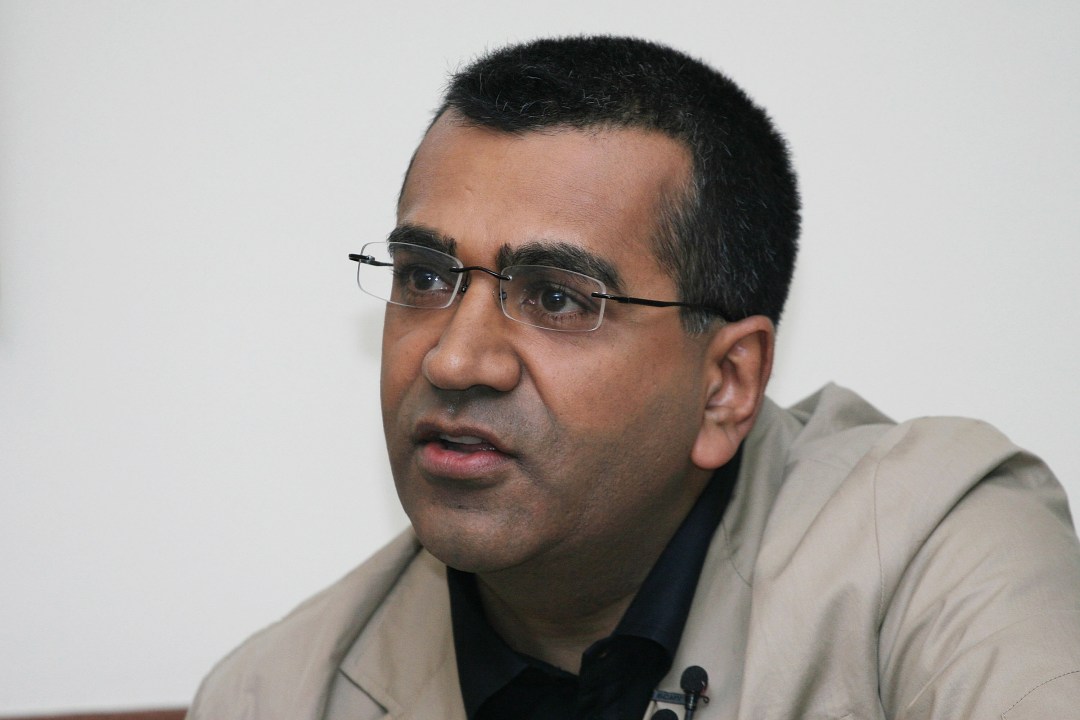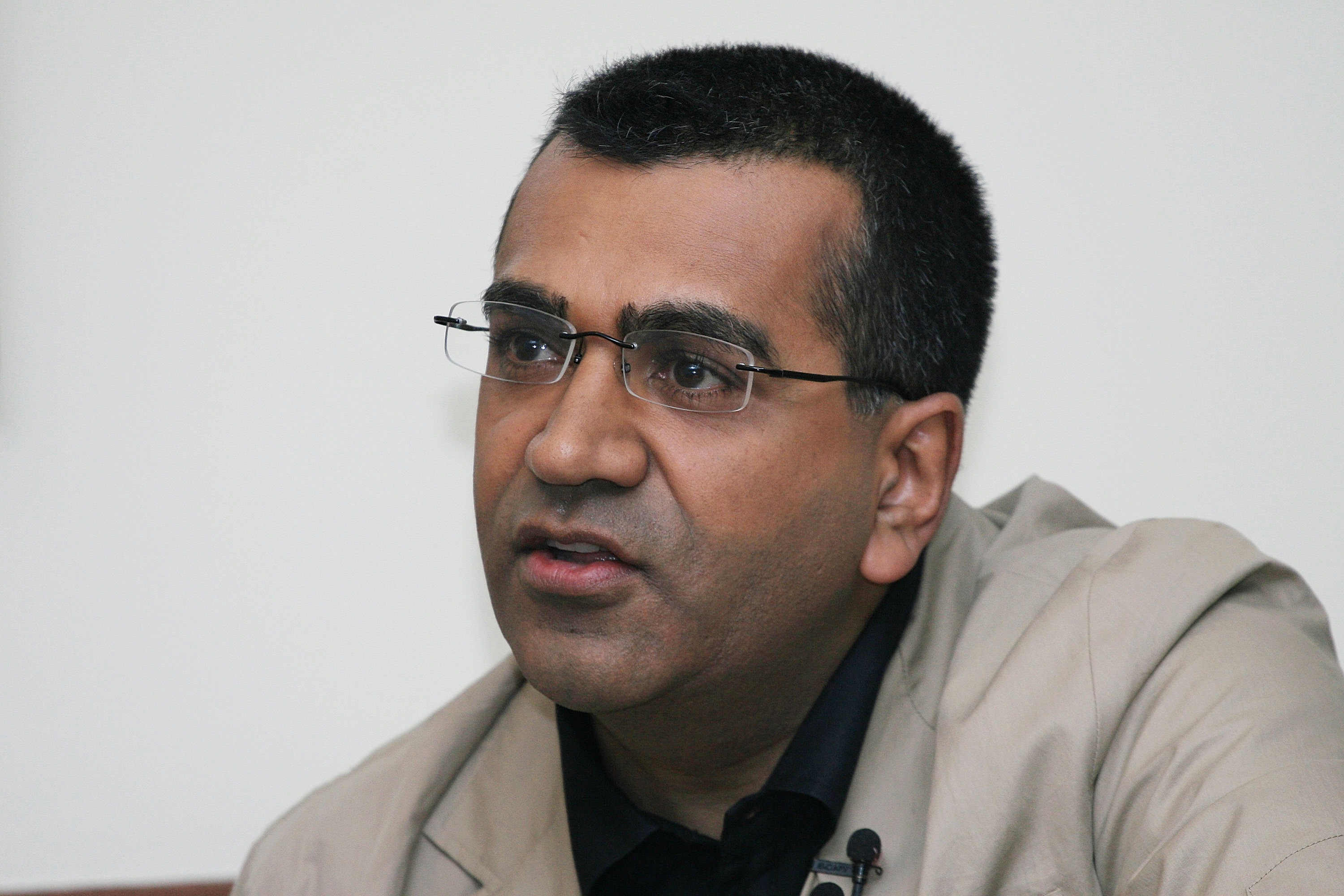As fans of the BBC hit show Line of Duty know very well the ‘one rotten apple’ explanation for police corruption won’t wash. It’s never just the one — corruption flourishes only when it is facilitated by others. The corrupt officer needs others around them; people who will lie for them, cover-up for them, brazenly praise and reward them. This is logical because if the ‘bent copper’ is surrounded only by honest people they will be quickly rumbled; they need others who are dishonest, or morally weak, or who actively collude in their schemes. We know this. We’ve watched the series.
And, as it turns out, it’s much the same story when it comes to corrupt journalists. The devastating report by Lord Dyson into the Martin Bashir interview with Princess Diana was perhaps the worst day in the Corporation’s 100 years, worse in its way than the grisly saga of the pervert Jimmy Savile.

Get Britain's best politics newsletters
Register to get The Spectator's insight and opinion straight to your inbox. You can then read two free articles each week.
Already a subscriber? Log in







Comments
Join the debate for just £1 a month
Be part of the conversation with other Spectator readers by getting your first three months for £3.
UNLOCK ACCESS Just £1 a monthAlready a subscriber? Log in